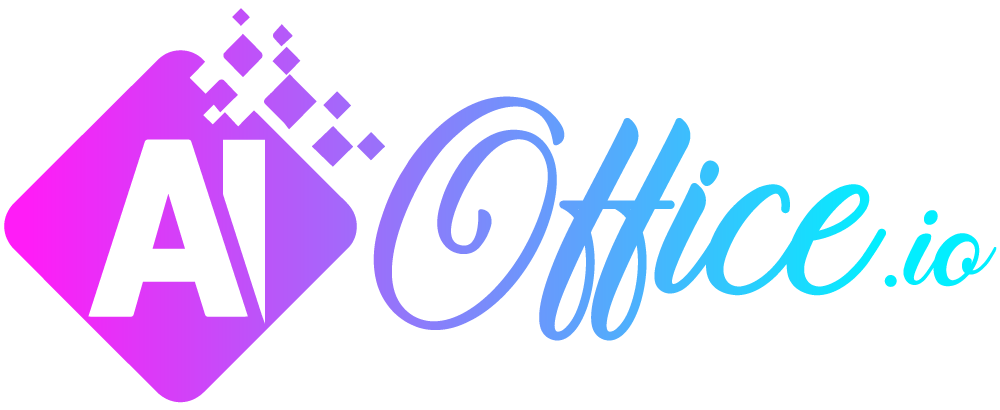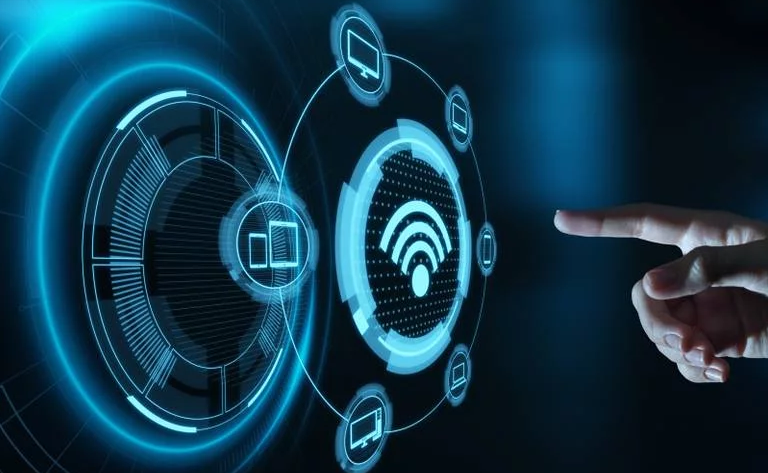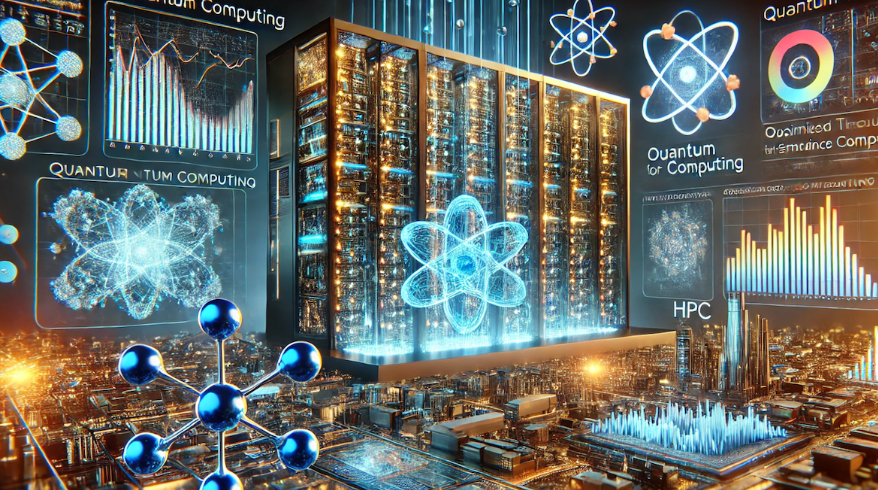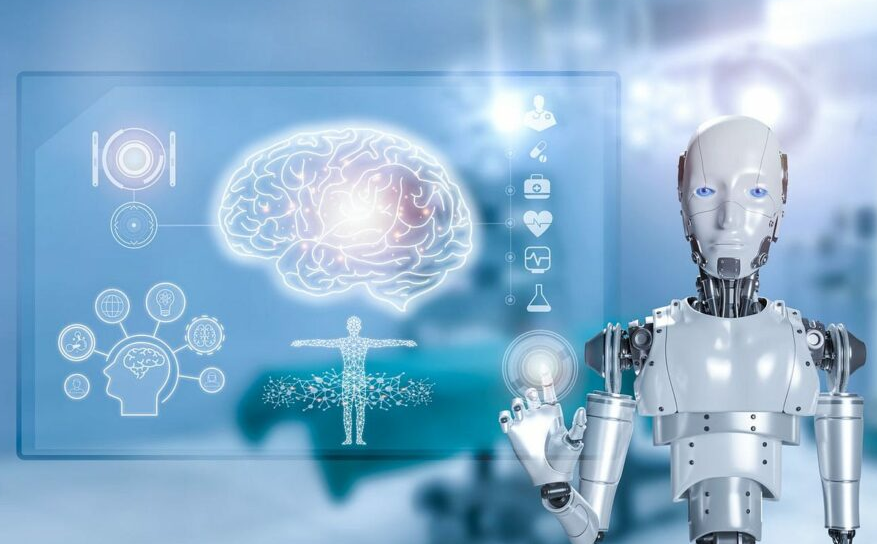Why Computer is Important in our life?

Admin
AI Research Analyst | 05 December 2024Table of Content












Charles Babbage, known as the "father of computers," created the analytical device in 1830, which had parts equal to modern computers. His views laid the hard work for the coming computer effect even if it was never set up.
Since the 1930s, computers have unfolded quickly, becoming faster, lighter, faster, and more comfortable. The first active computer, the Z3, was designed by Konrad Zuse in Germany between 1935 and 1941, achieving a very powerful step in computer technology.
What is a computer?
A computer is an electronic machine that helps us work with data. It can take in data, work it, and provide effects. For example, we can classify a paper, and the computer will help us gather and store it. Computers can do tasks like playing games, scanning the internet, or enabling scientists to study.
There are different types of computers. The most common are special computers, like laptops and desktops, which we operate at home or school. There are also more big computers, like mainframes, which firms use to handle a lot of data. Supercomputers are the fastest and most powerful, used for complicated math, like predicting the weather or learning space.
Why is it important?
Computers are important devices that help us in many ways every day. They allow us to share with friends and family through emails, video rings, and social media. Computers allow us to stay in touch with people skillfully no matter where they are. Computers also give us fast access to a lot of information, so we can learn about anything we like, from news to school topics, all with only a few clicks.
In schools, computers have modified how students learn. They make locating data more available, taking online classes, and using fun education games. Computers help students understand things in ways that suit them best. Computers allow people to do their jobs better by automating tasks and managing data. Computers means companies can work faster and more practically, just for everyone.
Computers are also useful in healthcare. They help doctors keep track of patient data and can help in medical research, teaching better cures. But, at work and school, computers supply recreation through games, movies, and music, qualifying us to relax and enjoy our free time. General, computers make our energies easier, help us relate with others, and supply many options for learning and fun.
Top 7 uses of Computers in Our Day to day life:
Here are the top seven use of computers in our everyday life presented in simple wording:
-
Education
Computers make knowing more handy and more fun. They help students access online lessons, watch videos, and use interactive devices. Teachers can create hiring lessons with pictures and sounds. Education new way of understanding is called intelligent classrooms. It helps scholars understand things nicely and be more clever.
-
Business
Computers are important for operating companies today. They help businesses handle their work, maintain their way of earning money, and share with customers. Many big companies, like Amazon and Google, use computers to develop and grow. With computers, companies can sell products online and reach buyers worldwide. The business makes it more comfortable to use and expand.
-
Healthcare
In clinics, computers help physicians and nurses take care of patients. They store important patient data, like their medical record and test effects. Doctors use computers to diagnose illnesses quickly and accurately. Healthcare technology allows improved patient care and makes the clinic run more smoothly. It also helps medical studies to find better cures.
-
Banking
Computers are important in banks for handling money and buyer accounts. They help method promises and leave quickly, making banking useful. With online banking, buyers can control their money from the house. Computers also send alerts for dealings, keeping buyers informed. Banking technology makes banking safer and more handy for everyone.
-
Government Offices
Computers have made control work speedy and better. They help officers work documents and display better. With the use of email and online instruments, tasks that used to take a long time can now be completed fast. Citizens can get instrumental data quickly. Government offices improve the overall learning for everyone involved.
-
Home Use
At home, computers are used for many sports. People can take online courses, watch movies, or listen to pieces. They also help with collecting finances, like budgeting and online shopping. Computers let family fellows join with friends and relatives via video calls and notices. The laptop makes life more pleasant and connected.
-
Marketing
Computers have altered how companies promote their creations. They allow businesses to create ads online and get a larger audience. Work can use social media to merge with buyers and sell their creations. Digital commerce helps firms understand what buyers want. This makes it more comfortable to grow their company and draw new buyers.
Advantages and disadvantages of computers in our daily life
Advantages of Computers
-
Fast and Accurate
Computers can complete tasks much faster than humans, permitting us to save time. They also make fewer errors, mainly when doing math or processing data. This efficiency allows us work better and earn more in a shorter time.
-
Easy Access to Information
With computers, we can find data on almost any subject in just a few clicks. This key to knowledge helps us know and stay educated about the world. The Internet is a valuable help for school projects or private goods.
-
Better Communication
Computers have transformed the way we share with others. We can mail emails, chat, and video call friends at home, but there is no point where they are. This makes staying connected and sharing adventures with loved ones more comfortable.
-
Increased Productivity
Using computers helps us finish tasks more fast and better. They provide tools and software that simplify our work methods. As a result, we can concentrate on important tasks and get better done in a shorter time.
-
Fun and Entertainment
Computers show different recreation options, similar to video games, movies, and music. We can enjoy our favorite recreations and explore new attractions right from home. This causes computers to be fun and easy.
-
Save Money
By operating computers, companies can work more well and cut costs. Online shopping also permits buyers to find more suitable values and save cash. In general, computers help us pay less while getting more value.
Disadvantages of Computers
-
Health Problems
Spending too much time on computers can lead to health issues like eye stress and back pain. Sitting for long times can also cause fatigue and pain. It is important to take breaks and practice good posture while using computers.
-
Security Risks
Computers are vulnerable to viruses and hacking, which can compromise our private information. This makes it important to use antivirus software and practice safe browsing habits. Saving our data is important in today’s digital world.
- Less Social Interaction
Extreme computer use can lead to less time with friends and at home in person. This may result in feelings of loneliness and social seclusion. Balancing online sports with real-life exchanges is important for our well-being.
-
Environmental Issues
The production and removal of computers can harm the environment. Electronic waste can soil landfills and contribute to environmental problems. It is important to recycle old computers and reduce our ecological footprint.
-
Cost and Upkeep
Computers can be costly to buy and need regular care and updates. This ongoing cost can add up over time, making them less free for some. Being aware of costs is important when using technology.
Conclusion
Computers are important in our daily lives because they help us learn, work, and stay related. They make tasks faster and supply access to vast data and entertainment. Yet, it is important to balance computer use with other activities and manage problems like health threats and security. Overall, computers improve our lives but need careful use and care.


